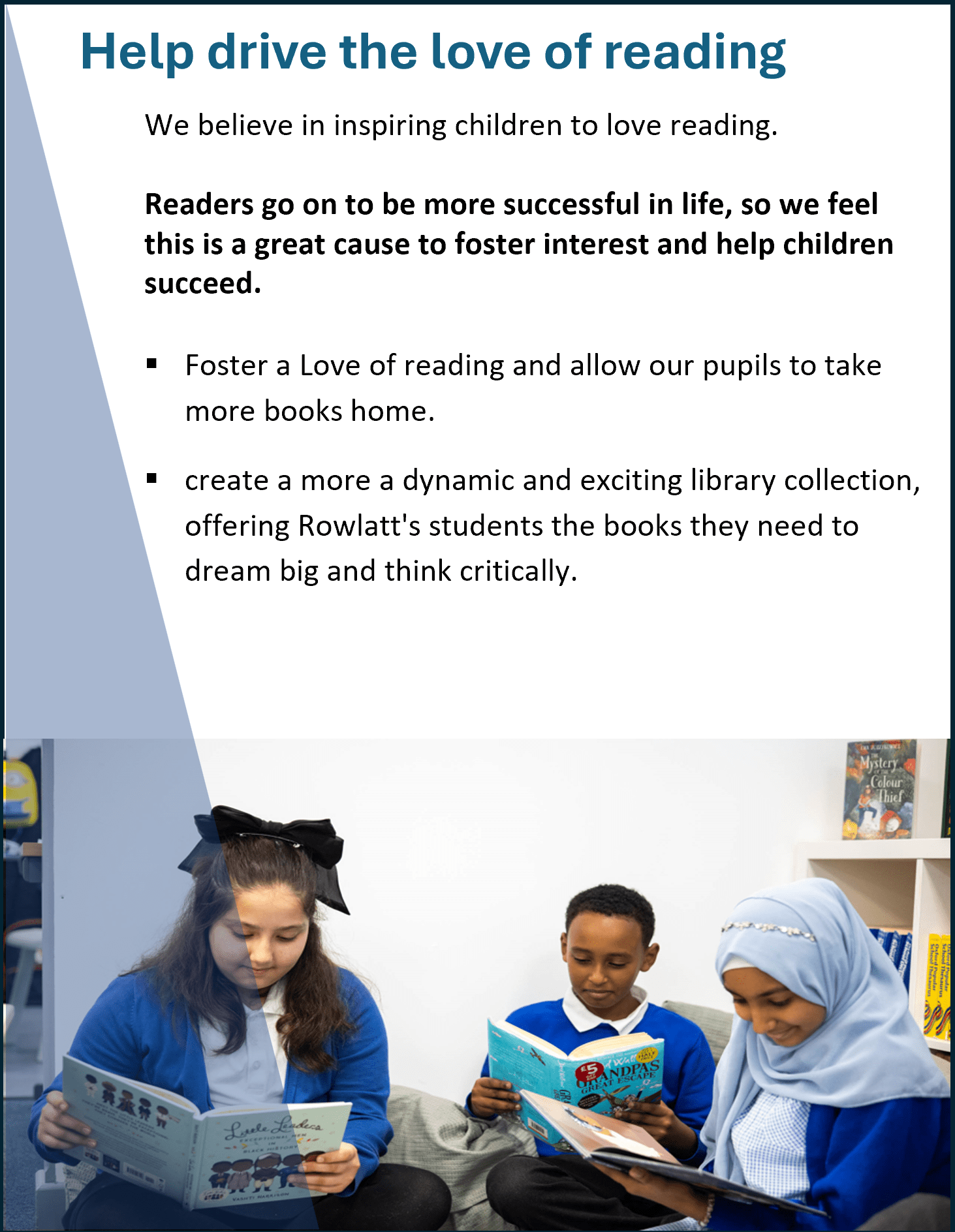Operation Encompass is a project that is running in various parts of the United Kingdom.
It is an initiative to enhance communication between the police and schools where a child is at risk from domestic abuse.
The purpose is to ensure schools have more information to support the safeguarding of children. When police have attended any domestic abuse incidents at the homes of children, their schools are informed before the next school day begins. One of our Designated Safeguarding Leads will be informed when any domestic abuse incident has been reported to the police and one of our pupils was in the household. It will not give any details about the incident. By knowing that the child has had this experience, the school is in a better position to understand and be supportive of the child’s needs and possible behaviours.
This project has been introduced as domestic abuse in a household has a significant impact on children, even if they do not directly see what is happening. Children are impressionable and being exposed to such behaviour not only damages the welfare of a child but normalises such behaviours which poses further risk.
The information shared is used to ensure the school can provide appropriate support to our pupils. The information will remain confidential and only shared on a strictly need-to-know basis, for example with the class teacher. It will not be shared with any pupils.
Operation Encompass is already a well-established part of our school’s safeguarding procedures.
For more information, please view this FAQ and the processes for schools in Leicester.
From the 19th of September 2022 Operation Encompass has begun a phased rollout across the Police Force sharing with the school incidents that they have attended where they feel there has been an impact upon a child’s physical, emotional or mental well-being.
As part of the Operation Encompass Information Sharing Platform our Police Force will also share with the Designated Safeguarding Lead information about police attended incidents where they feel that there has been a tangible impact upon a child is physical, emotional or mental well-being.
This information is shared so that our school can better understand children’s living experience and can support, nurture and care for them more effectively.
Our DSL has attended a briefing about this information sharing and has disseminated information to the safeguarding governor and to all members of staff.
If you would like to speak to someone in confidence about domestic abuse, you can call the Leicester, Leicestershire, and Rutland Domestic Abuse Helpline on 0800 802 0028.
If you feel you would benefit from speaking to someone at school regarding domestic abuse, please contact a Designated Safeguarding Lead via the school office.
Local support:
UAVA
Housing and homelessness support for domestic abuse (leicester.gov.uk)
FreeVA Support – Free from Violence & Abuse
National helplines:
Domestic Violence Assist | DV ASSIST
Home – Women’s Aid (womensaid.org.uk)
Domestic Abuse Helpline for Men | Men’s Advice Line UK (mensadviceline.org.uk)
Home – Victim Support
At Rowlatts Mead Primary Academy, all children will be taught about the importance of safe and healthy relationships through our curriculum. This begins with turn taking, avoiding gender stereotypes, and enabling children to express their thoughts and feelings in the EYFS and is built on every year in school to reach topics, such as, consent and healthy online relationships by the end of Year 6.
Through the strong PSHCE curriculum at Rowlatts, all children will be equipped with the skills they need to make good quality choices regarding relationships as they progress into adulthood. These lessons, alongside safeguarding support, will ensure children are confident in articulating their thoughts and opinions; particularly, surrounding what constitutes a healthy relationship.
Please find the progression map here which documents when and how children will be taught what constitutes healthy relationships and addresses domestic abuse in each year group – PSHE LTP
Please note: the phrases domestic abuse/violence are not used in lessons; the focus is on teaching children about what constitutes a healthy and safe relationship.

 Together We Succeed Through Challenge & Enjoyment
Together We Succeed Through Challenge & Enjoyment